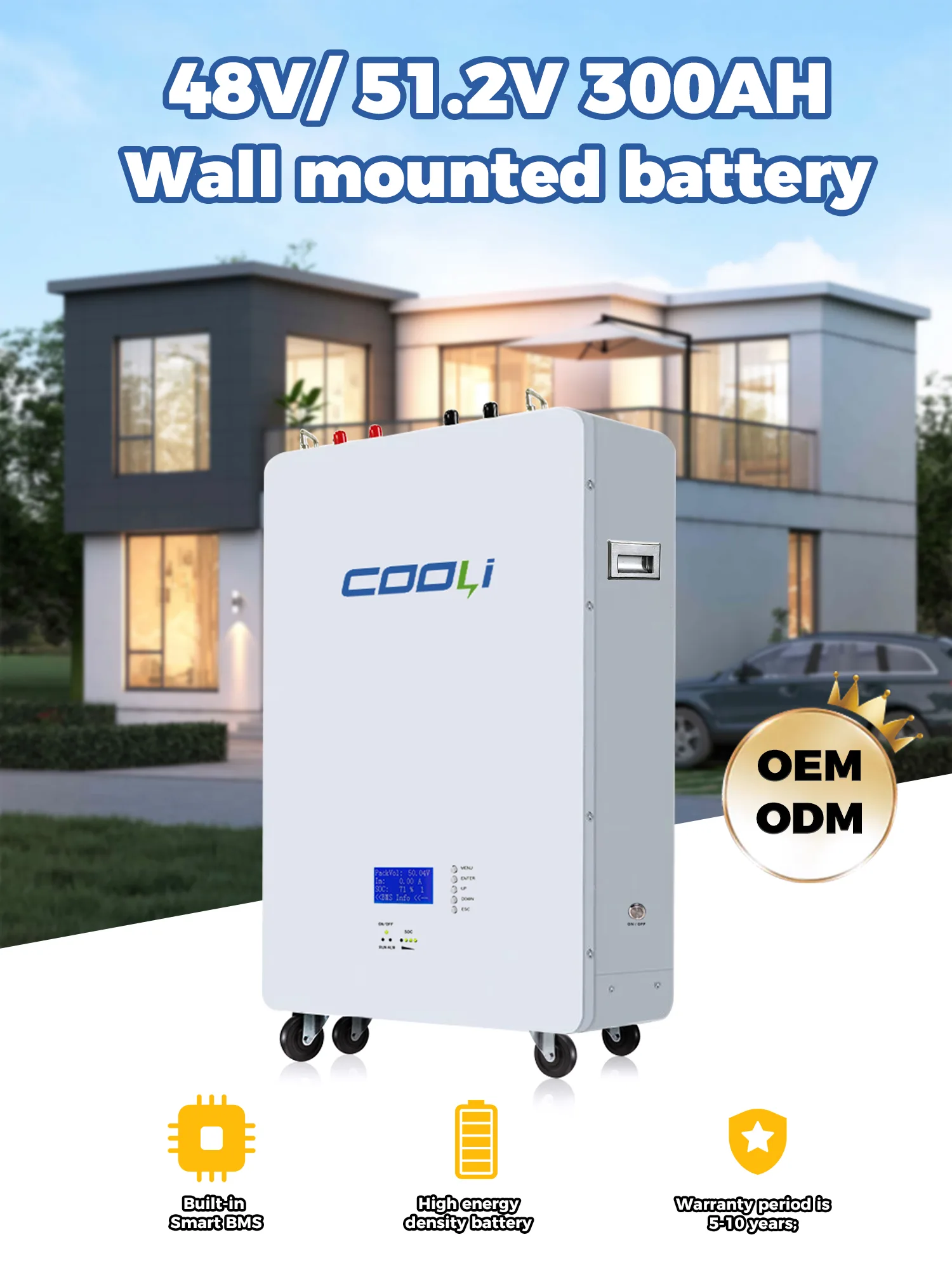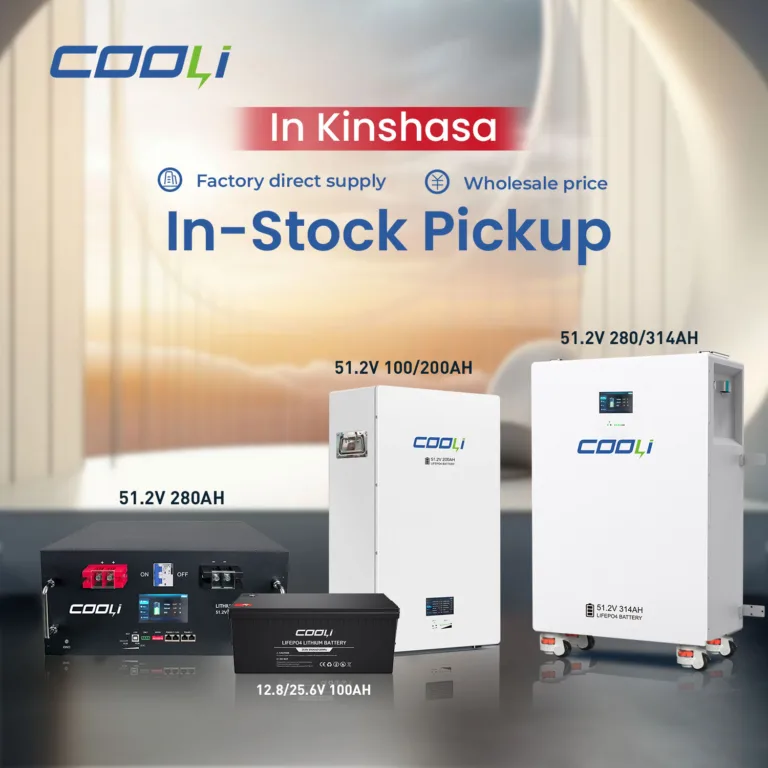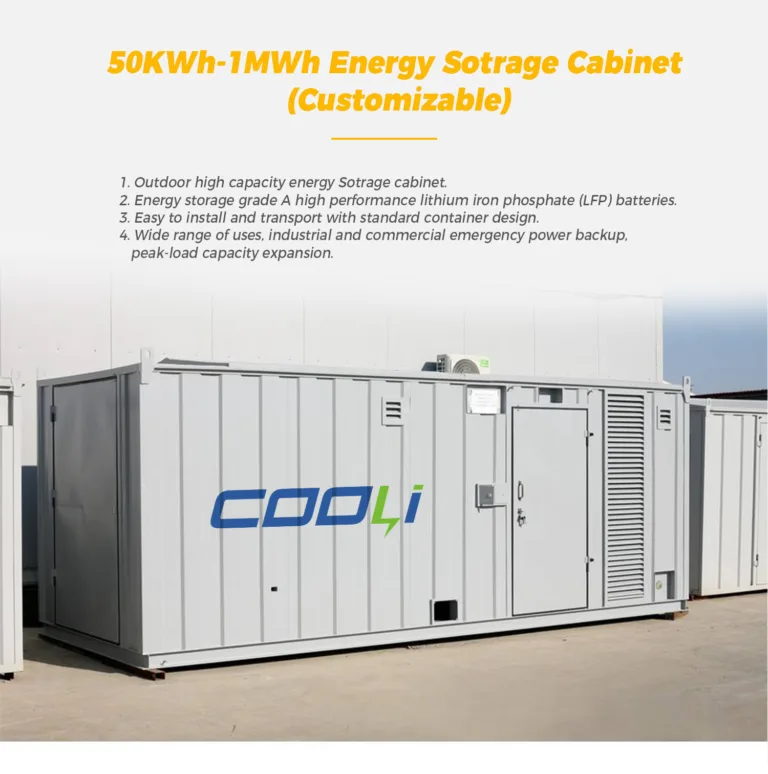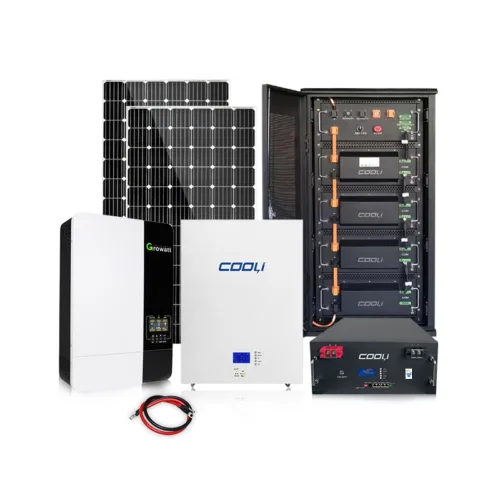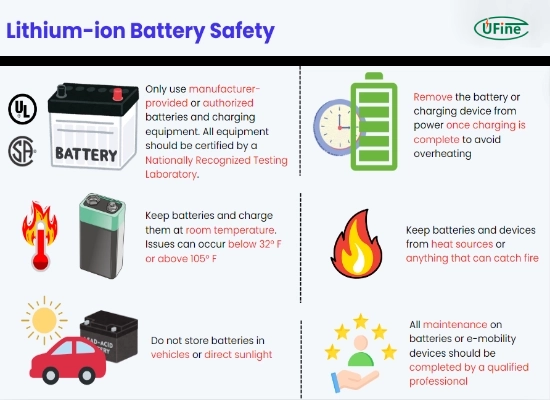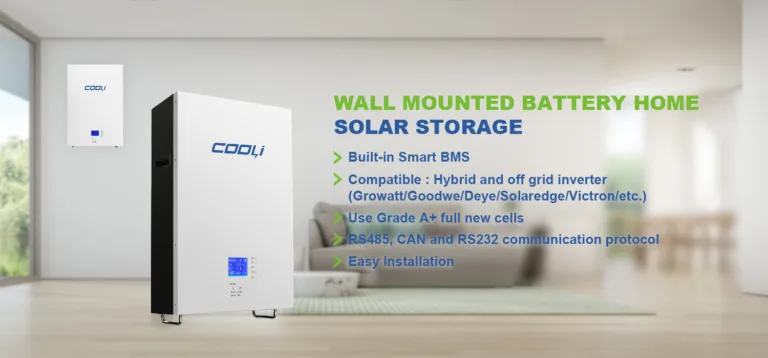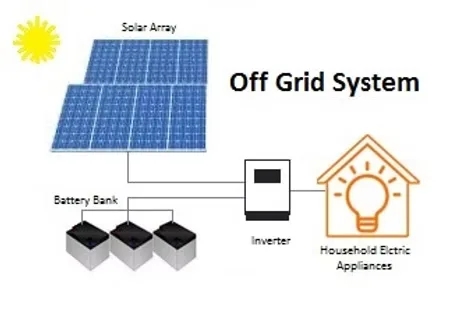300Ah LiFePO4 Battery: Key Questions Answered
The 300Ah LiFePO4 battery has gained popularity in renewable energy systems, RVs, marine applications, and off-grid setups due to its high capacity, safety, and long lifespan. However, users often have questions about its performance, limitations, and technical specifications. This article addresses the most common queries, providing a comprehensive guide for potential buyers and enthusiasts.
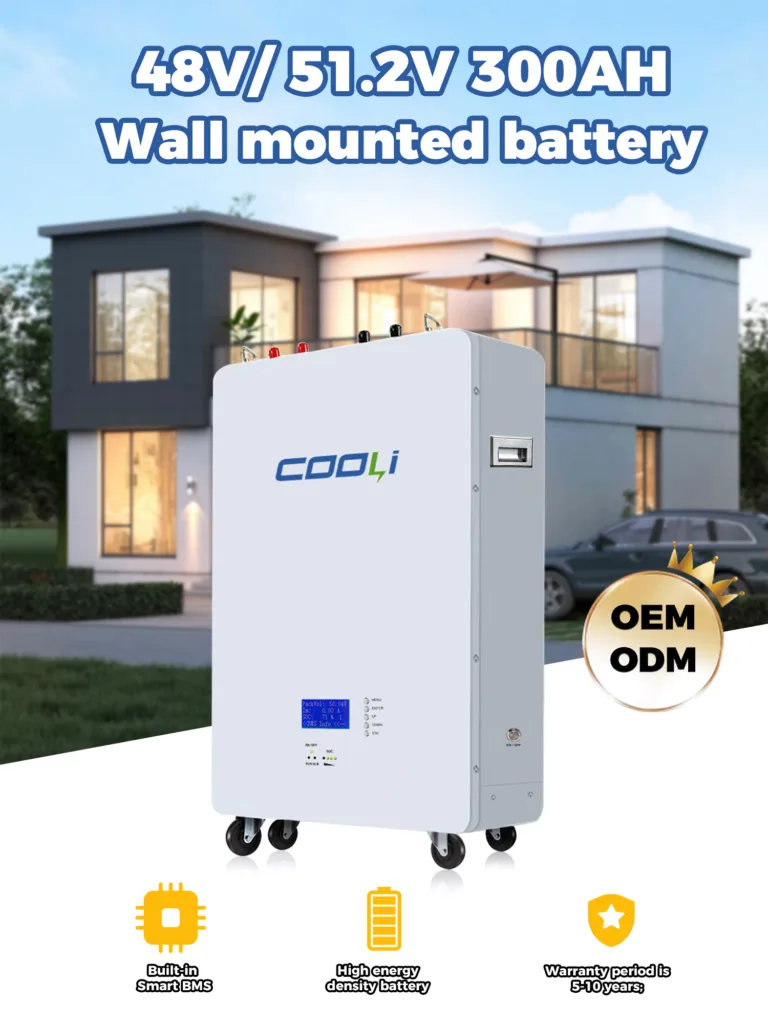
1. What Are the Disadvantages of LiFePO4 Batteries?
While LiFePO4 (Lithium Iron Phosphate) batteries are renowned for safety and durability, they do have some limitations:
- Lower Energy Density: Compared to other lithium-ion chemistries (e.g., NMC or LCO), LiFePO4 stores less energy per unit weight or volume, making them bulkier for high-energy applications like smartphones or EVs.
- Higher Initial Cost: Although cost-effective over time due to long lifespan, upfront prices are 2–3x higher than lead-acid batteries.
- Temperature Sensitivity: Performance declines in extreme cold (below -20°C) or heat (above 60°C). While they tolerate wider ranges than lead-acid, prolonged exposure to high temperatures reduces capacity.
- Slower Charging: LiFePO4 typically charges slower than other lithium variants, requiring specialized chargers to avoid damage.
Despite these drawbacks, their safety (non-combustible even under stress) and cycle life (2,000–5,000+ cycles) make them ideal for solar storage, RVs, and backup power.
2. How Long Will a 300Ah LiFePO4 Battery Last?
A 300Ah battery’s runtime depends on:
- Load Power: For a 500W appliance, runtime = Battery Energy (kWh)/Load Power (kW)
- Depth of Discharge (DoD): LiFePO4 batteries can safely discharge to 80–90% DoD without significant degradation.
Example:
A 48V 300Ah LiFePO4 battery stores 14.4 kWh (48V × 300Ah). At 80% DoD (11.5 kWh usable), powering a 1kW load would last ~11.5 hours. For a 300W RV fridge, runtime extends to ~38 hours.
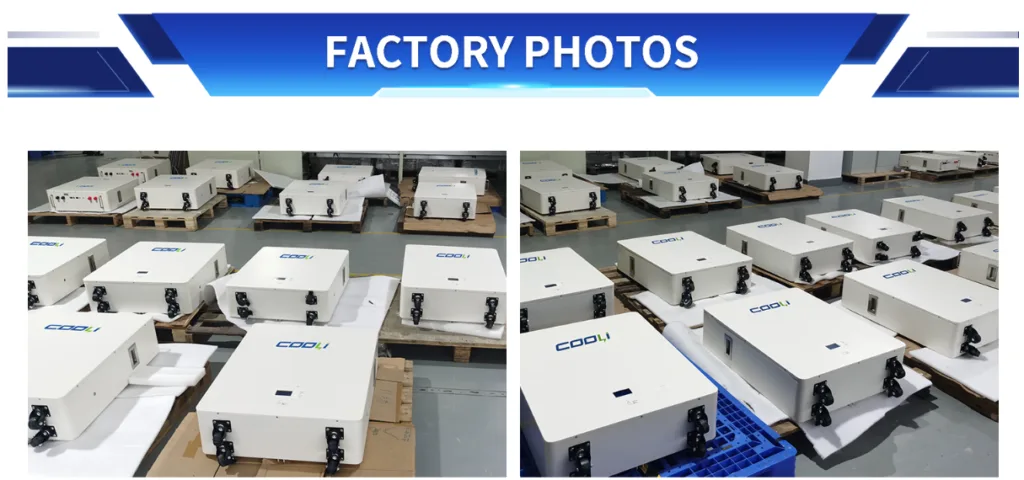
3. How Many kWh Is a 48V 300Ah Battery?
A 48V 300Ah LiFePO4 battery delivers:
48V×300Ah=14,400Wh=14.4 kWh
This capacity suits large-scale applications like solar storage systems or electric vehicles. For comparison:
- A 12V 300Ah battery provides 3.84 kWh (12V × 300Ah).
- Higher voltage (e.g., 51.2V) configurations improve efficiency in industrial setups.
4. 25.6V vs. 51.2V: What’s the Difference?
LiFePO4 batteries are modular, allowing series connections to achieve higher voltages:
- 25.6V: Typically an 8-cell configuration (8 × 3.2V per cell), used in mid-sized systems like golf carts or small solar setups.
- 51.2V: A 16-cell setup, ideal for high-power applications like server racks or commercial energy storage.
Key Consideration: Higher voltage reduces current, minimizing energy loss in wiring and improving efficiency for large installations.

5. Is LiFePO4 Better Than Other Lithium Batteries?
LiFePO4 excels in safety and longevity but lags in energy density compared to lithium-ion (Li-ion) variants:
| Feature | LiFePO4 | Traditional Li-ion |
|---|---|---|
| Safety | Non-flammable, stable | Risk of thermal runaway |
| Cycle Life | 2,000–5,000+ cycles | 500–1,000 cycles |
| Energy Density | 90–120 Wh/kg | 150–200 Wh/kg |
| Cost | Higher upfront | Lower upfront |
Best For:
- LiFePO4: Solar storage, RVs, marine, backup power.
- Li-ion: Consumer electronics, EVs requiring compact size.
6. Key Considerations for 300Ah LiFePO4 Batteries
- BMS (Battery Management System): Ensures protection against overcharge, over-discharge, and short circuits.
- Compatibility: Use LiFePO4-specific chargers (e.g., 14.6V for 12V systems) to avoid damage.
- Storage: Store at 50–80% charge in cool, dry conditions to prolong lifespan.
Conclusion
The 300Ah LiFePO4 battery is a robust choice for high-capacity, long-term energy needs, balancing safety, and reliability. While it has limitations like lower energy density and higher initial costs, its advantages in cycle life and thermal stability make it a top contender for renewable energy and off-grid applications.
For tailored solutions, explore products like the Lifepo4 Battery 300ah or modular 48V server-rack batteries. Always verify specifications with manufacturers to match your system’s requirements.
5kWh LiFePO4 Battery in Vietnam 10kWh Energy Storage Solutions for Yemen 15kWh LiFePO4 Solar Storage 15kWh Solar Battery 24V vs 48V Lithium Battery 48V Lithium Batteries 51.2V 200Ah 10kWh Battery 51.2V 200Ah LiFePO4 Batteries Wholesale 150kW Solar System 300Ah 51.2V Floor Standing Battery Battery IP Ratings battery manufacturer in China Best LiFePO4 Batteries Engineered for Middle East Desert Best Lithium Battery in Pakistan Bulk Buy Home ESS China DDP Wholesale China Sourcing Tips China’s Top Battery Manufacturer Custom Household Batteries Direct Factory Custom Lithium Batteries Depth of Discharge (DoD) energy storage battery Grade A Battery home energy storage Lead-Acid to Lithium LiFePO4 batteries LiFePO4 Batteries in Australia LiFePO4 Batteries in the Philippines LifePo4 battery LiFePO4 Battery Manufacturers LifePO4 Battery Technology LiFePO4 Battery vs. Lithium-Ion LiFePO4 vs NMC Home ESS Lithium Battery Manufacturer Lithium Battery Safety Tips lithium ion battery Market Trends Off-Grid Solar Batteries for European Homes Reliable Home Battery Bulk Suppliers Solar Batteries in Syria Solar Panel solar system Top 10 Home Battery Alibaba Suppliers Verified Wall-Mounted Lithium Batteries Wall vs Rack Batteries

